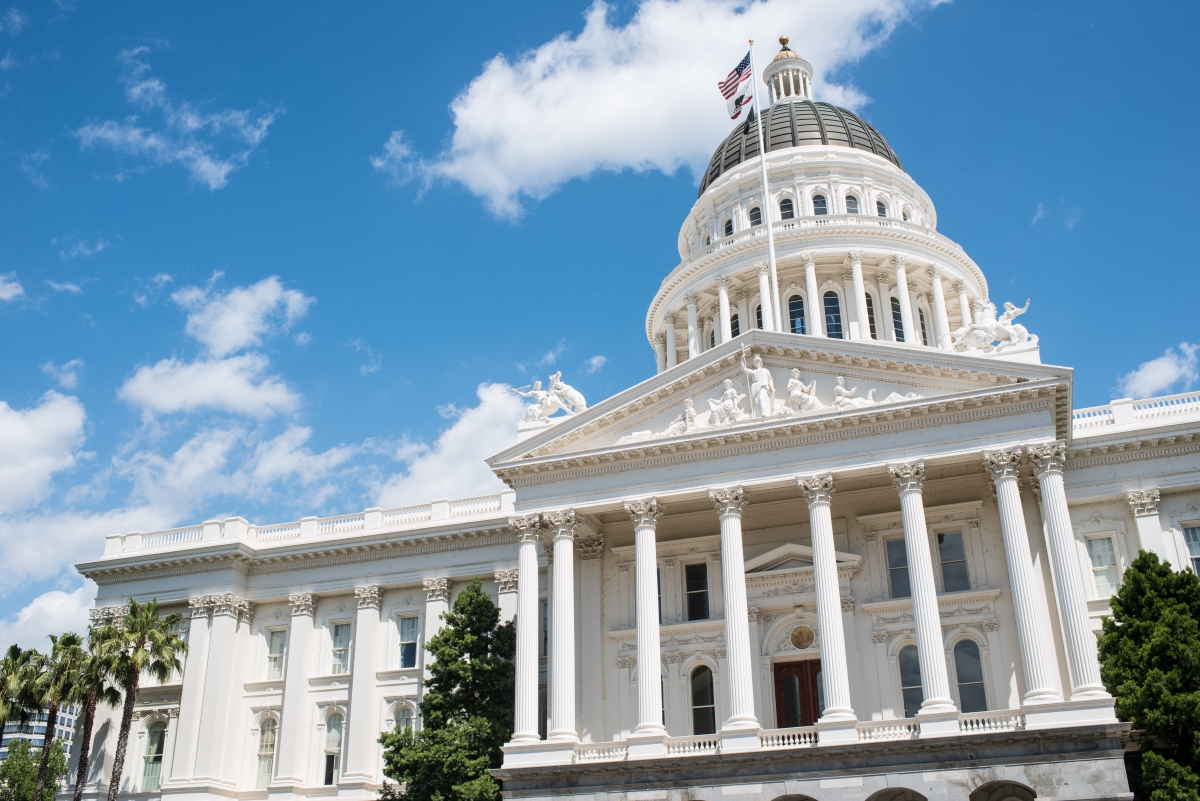By: Andrew Harig, Director Government Relations, Food Marketing Institute 
When President Obama announced yesterday that he was taking steps to begin normalizing relations with Cuba, many Americans no doubt abandoned their seasonal “vision of sugar plums” in favor of a decidedly more adult dream – shelves overflowing with Cuban cigars, rum and cheap sugar. The President’s actions, however, are unlikely to make these dreams a reality – at least in the near term.
The United States’ embargo of Cuba is primarily controlled and directed by an extensive series of Congressionally-passed statutes, including the Foreign Assistance Act of 1961, the Cuban Democracy Act of 1992, and 1996’s Helms-Burton Act. While the President has tremendous leeway in how he administers these laws, he cannot unilaterally remove the embargo. Only Congress can do that, and with Republican majorities in both the House and Senate already expressing outrage over what they see as Presidential overreach, such a vote seems unlikely in the near future. So for the time being, at least, the embargo will remain in place; and as long as the embargo is in place, the importation of Cuban products on a wide scale will not be possible.
So what does the President’s action mean? The United States will appoint an ambassador and open an embassy in Havana for the first time since President Eisenhower shut down diplomatic relations with Cuba on January 3, 1961. Travel to the island (which already has an extensive tourist industry derived from Europe and Asia) will be significantly easier, and tourists will be able to bring back a small amount of Cuban goods – including the previously mentioned cigars and rum – for personal use. American farmers – who currently export to Cuba under a restrictive humanitarian exemption to the embargo’s rules – will find the process easier, as well. While the US is already a top five trading partner with Cuba, there are some estimates that the embargo costs U.S. industry up to a billion dollars a year in lost exports; at least some of this ground is likely to be made up by the President’s policy changes.
So, while yesterday’s announcement was a significant shift for U.S. foreign policy, it is unlikely most consumers will see any changes from it when they go to the store. It may be tough for some to give up their dreams of cheap and plentiful Cuban cigars, rum and sugar but they can take comfort from one thing that remains constant – Christmas eggnog still tastes great, regardless of whether the rum comes from Jamaica, Puerto Rico or the Virgin Islands.


 Industry Topics address your specific area of expertise with resources, reports, events and more.
Industry Topics address your specific area of expertise with resources, reports, events and more.
 Our Research covers consumer behavior and retail operation benchmarks so you can make informed business decisions.
Our Research covers consumer behavior and retail operation benchmarks so you can make informed business decisions.
 Events and Education including online and in-person help you advance your food retail career.
Events and Education including online and in-person help you advance your food retail career.
 Food Safety training, resources and guidance that help you create a company food safety culture.
Food Safety training, resources and guidance that help you create a company food safety culture.
 Government Affairs work — federal and state — on the latest food industry policy, regulatory and legislative issues.
Government Affairs work — federal and state — on the latest food industry policy, regulatory and legislative issues.
 Get Involved. From industry awards to newsletters and committees, these resources help you take advantage of your membership.
Get Involved. From industry awards to newsletters and committees, these resources help you take advantage of your membership.
 Best practices, guidance documents, infographics, signage and more for the food industry on the COVID-19 pandemic.
Best practices, guidance documents, infographics, signage and more for the food industry on the COVID-19 pandemic.
